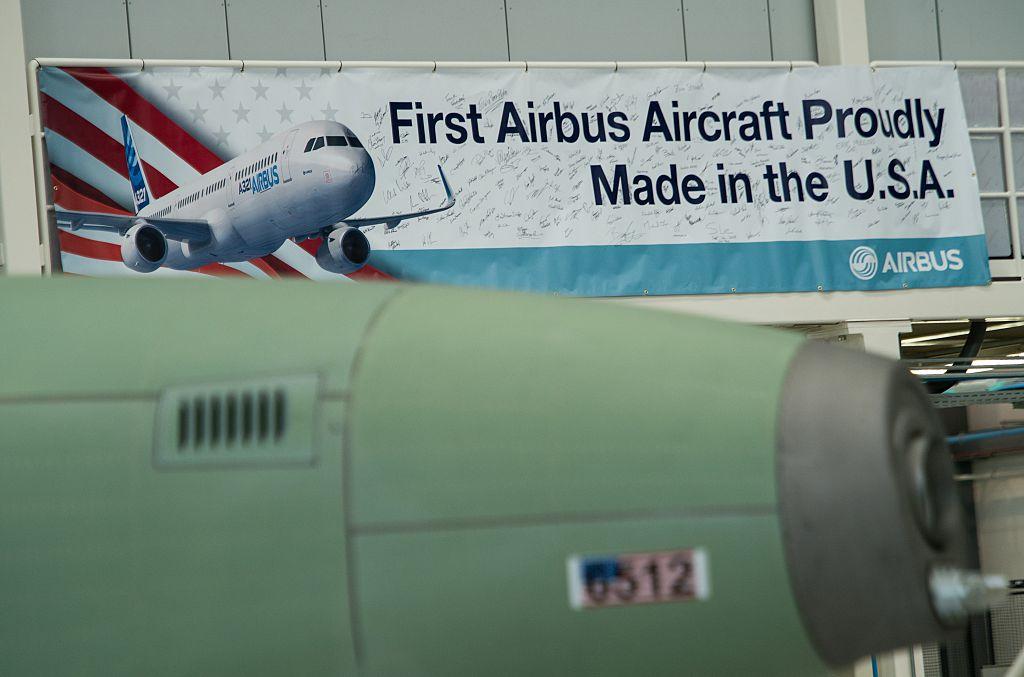WASHINGTON—The United States has received the lion’s share of foreign investments worldwide, and the nation’s continued economic growth, coupled with tax reform, has further strengthened its appeal for international investors.
Last year, the United States remained the largest recipient of foreign direct investment (FDI), attracting an estimated $226 billion in inflows, according to the U.N. Conference on Trade and Development (UNCTAD). The investment was almost 60 percent higher than that of China, the next closest rival to the United States.





